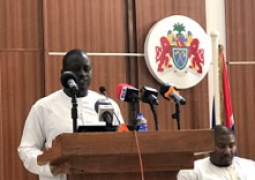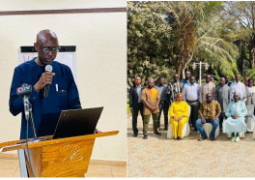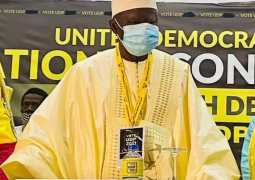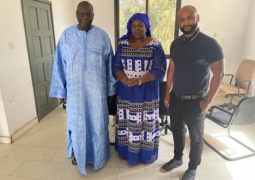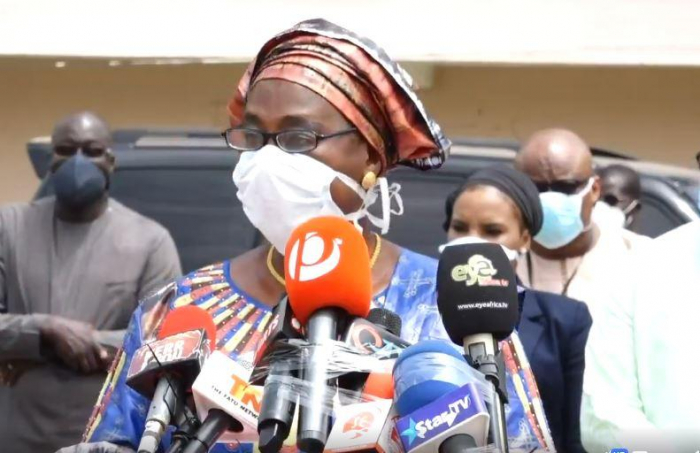
“The Government is also spearheading a number of policy level initiatives including the annual National Social Policy Forum and the establishment of the National Social Protection Steering Committee (NSPSC), mandated to promote high level dialogue for improved social protection delivery.”
VP Touray was speaking yesterday during the launching of the “Nafa Quick Cash Transfer”. The government of The Gambia, she explained, in collaboration with the World Bank is executing a 5-year US$31 million Social Safety Net Project. The project is currently being implemented by the National Nutrition Agency (NaNA), the Social Protection Secretariat, the Department of Community Development and Department of Social Welfare.
The Nafa Programme will provide cash transfer targeting extremely poor households with accompanying Social and Behavioural Change Communication (SBCC). Official said this will contribute towards the government's goal to increase social assistance coverage of the extreme poor.
According to her, the project’s objective is to improve the coordination of social assistance activities, provide temporary social assistance support to rural households in the wake of COVID-19, and increase the inclusion of the extreme poor in the Nafa Programme.
“Component 1 of the project focuses on the Development of coordination Mechanisms for the Social Assistance Sector; Component 2 focuses on the “Nafa” Program of Cash Transfers and Social and Behavioral Change Communication (SBCC) to the Eligible Extreme Poor and Component 3 focuses on Project Management and Capacity Building.”
“The coordination of the social assistance sector is being improved and supported by maintaining a Social Registry and establishing a Social Protection Secretariat. These efforts would contribute towards the Government's goal of establishing and strengthening the leadership, coordination and implementation mechanisms of Social Protection initiatives in the country.”
She maintained that the Nafa Programme targets specific geographical areas, the selection of which started at district level. The exercise was informed by the district contribution to poverty in The Gambia, measured by the sum of the extreme poverty headcount ranking and the extreme poverty gap ranking.
“The rationale behind starting the selection at district level was based on the huge differences in poverty levels within regions, which results in better-off and more populated areas masking important poverty pockets, which often remain neglected by several program interventions. Using the Integrated Household Survey 2015/16 data, districts with the highest ranking by head count poverty rate plus poverty gap rate were selected. Within each of these districts, all communities, and all the households within, will be assessed for eligibility.”
“The Nafa programme is designed to provide continuity and harmonisation with other programs, by taking an existing package of cash transfers with Social and Behavioural Change Communication managed by partners to new districts and regions.”
“However, Nafa Program differs from other programs in that the targeting is based on poverty status rather than categorical selection, the beneficiary unit is the household instead of the individual, and the Social and Behavioural Change Communication interventions will cover productive capital as well as human capital topics.”
The “Nafa Quick”, she continued, intends to contribute to the mitigation of the social and economic impact of COVID-19 on the population by providing immediate universal cash transfer of D1,500 per month (2 transfers of D3,000) within a period of 4 months to about 83,000 households in 30 districts in WCR, LRR, CRR, URR and NBR covering the lean period.
Thereafter, the Nafa Programme will be implemented in the 20 poorest districts targeting 15,606 extreme poor households (selected using a Proxy-Means Test and community validation) for a period of 18 months.
“The regular revenue provided to the households through the Nafa Program is aimed at both increasing short-term consumption of essential goods and services, and enabling longer-term investments in human and productive capital.”


